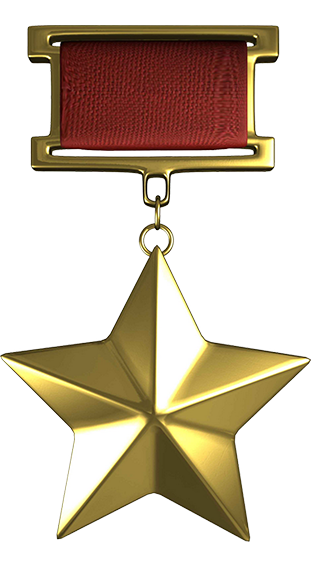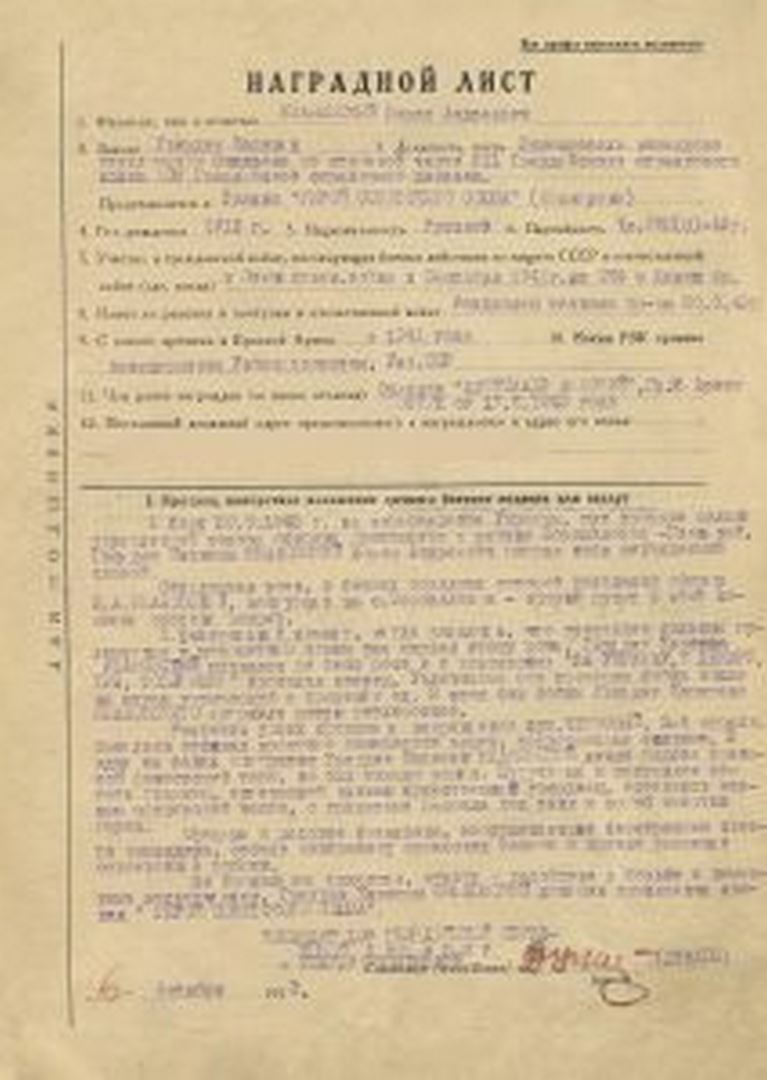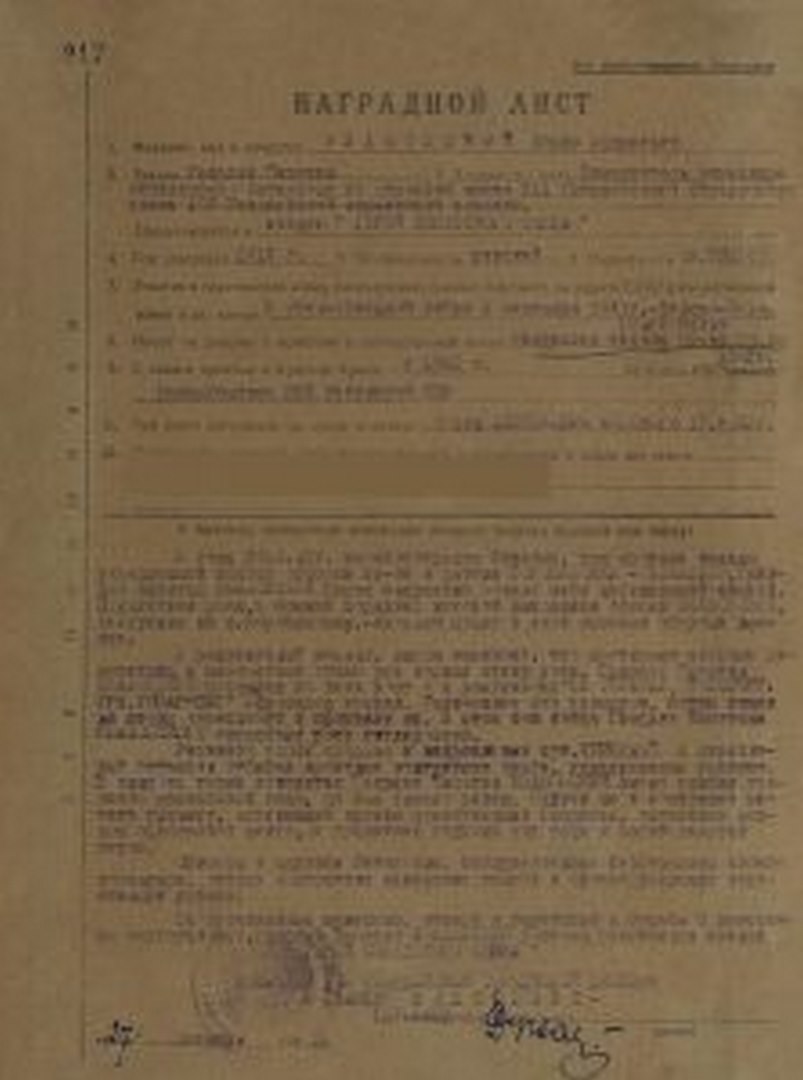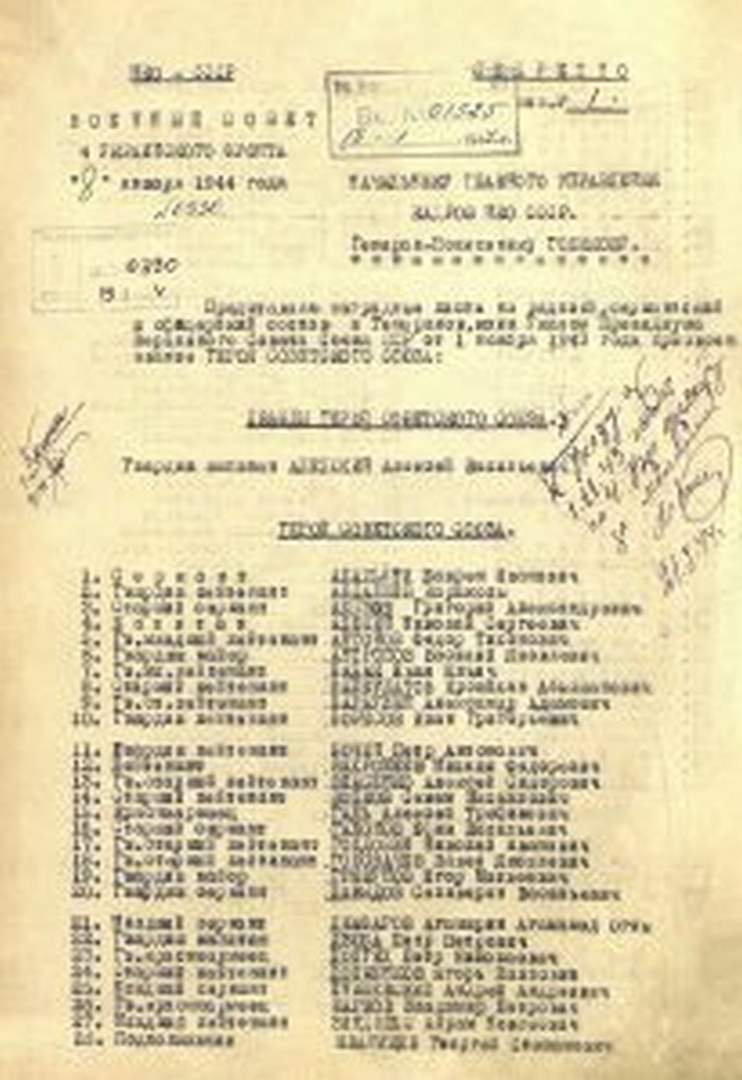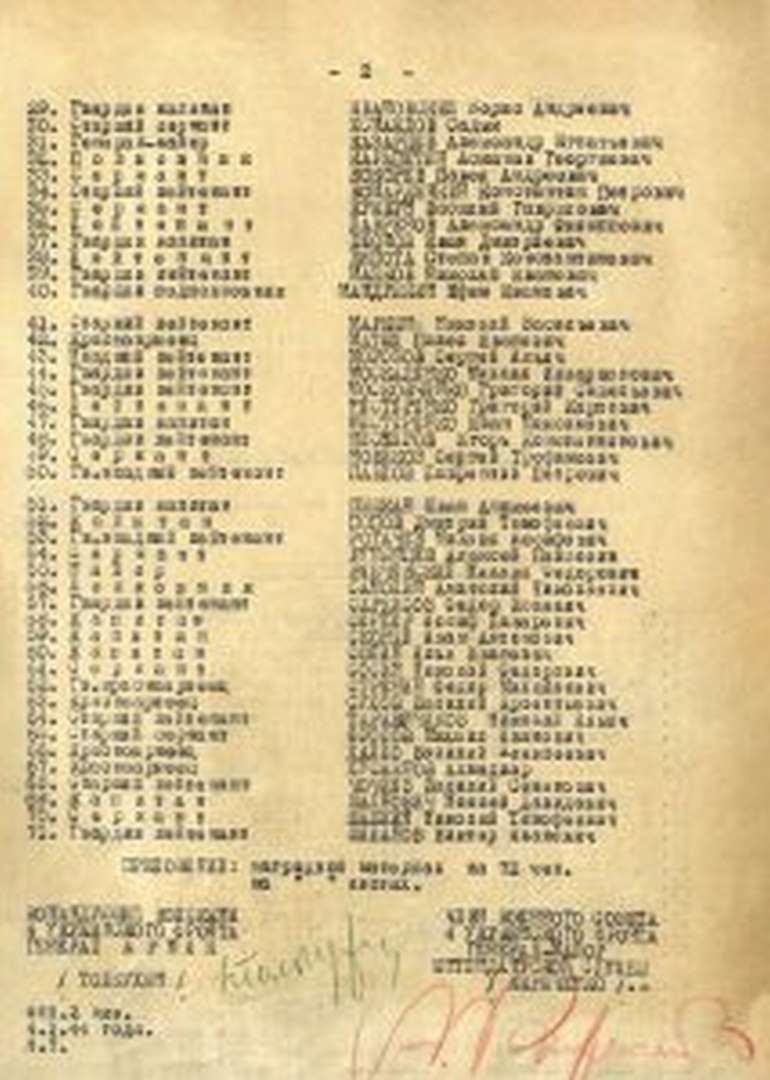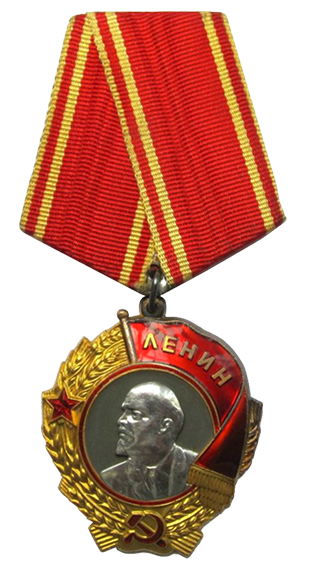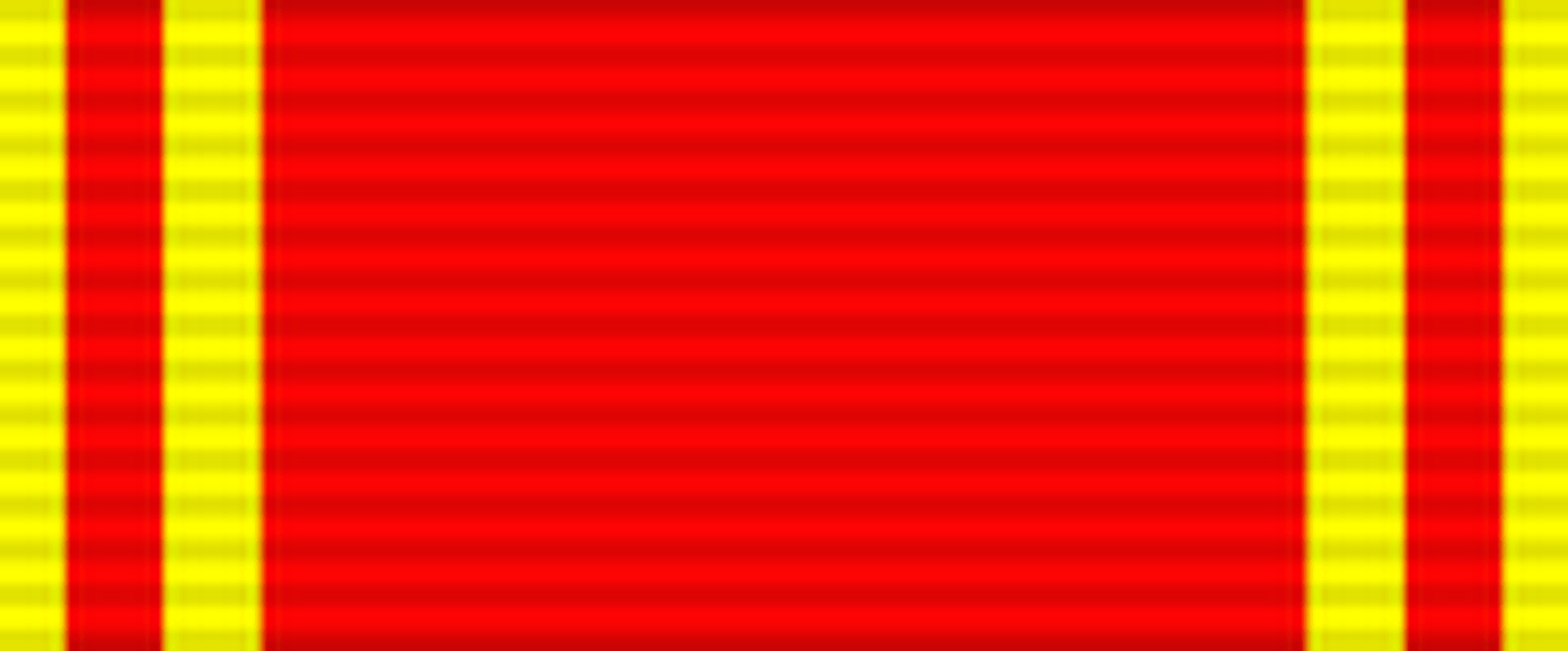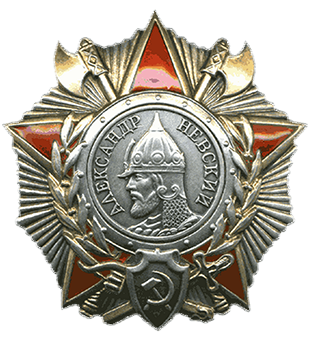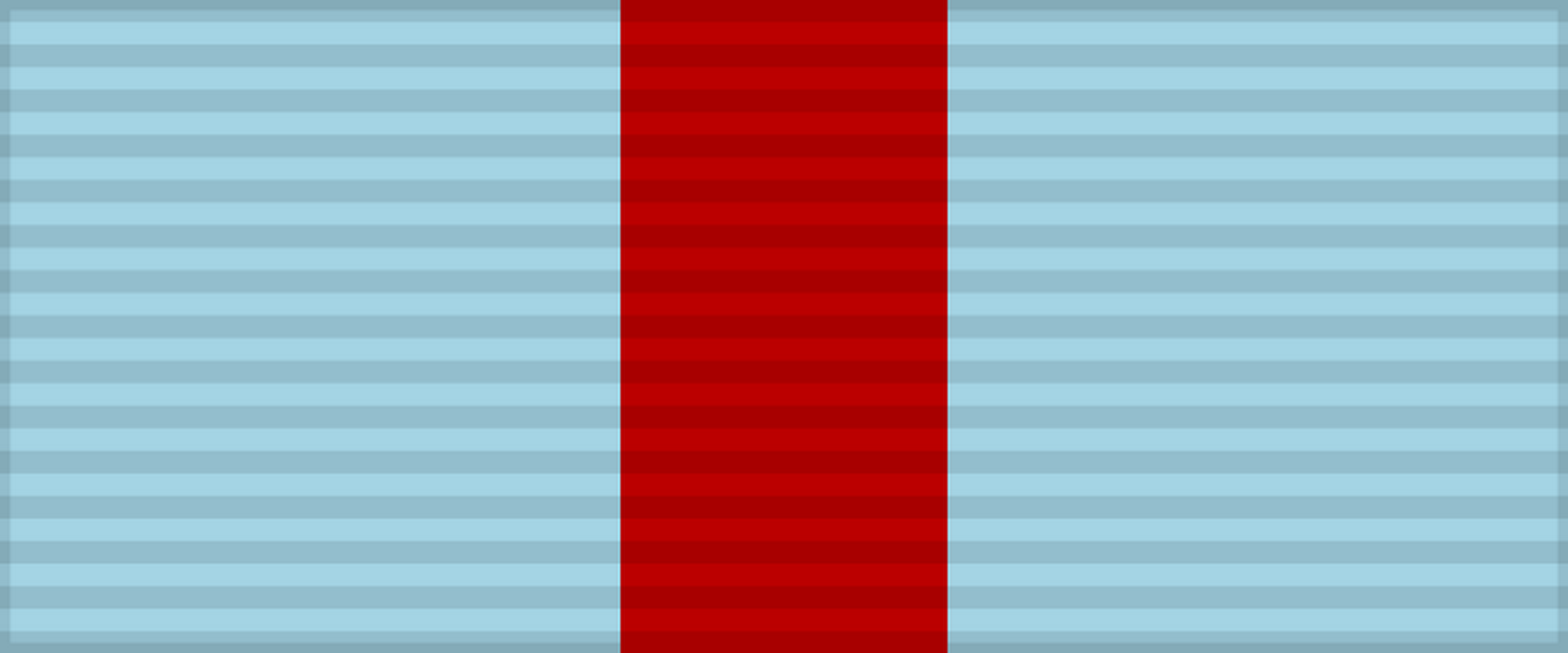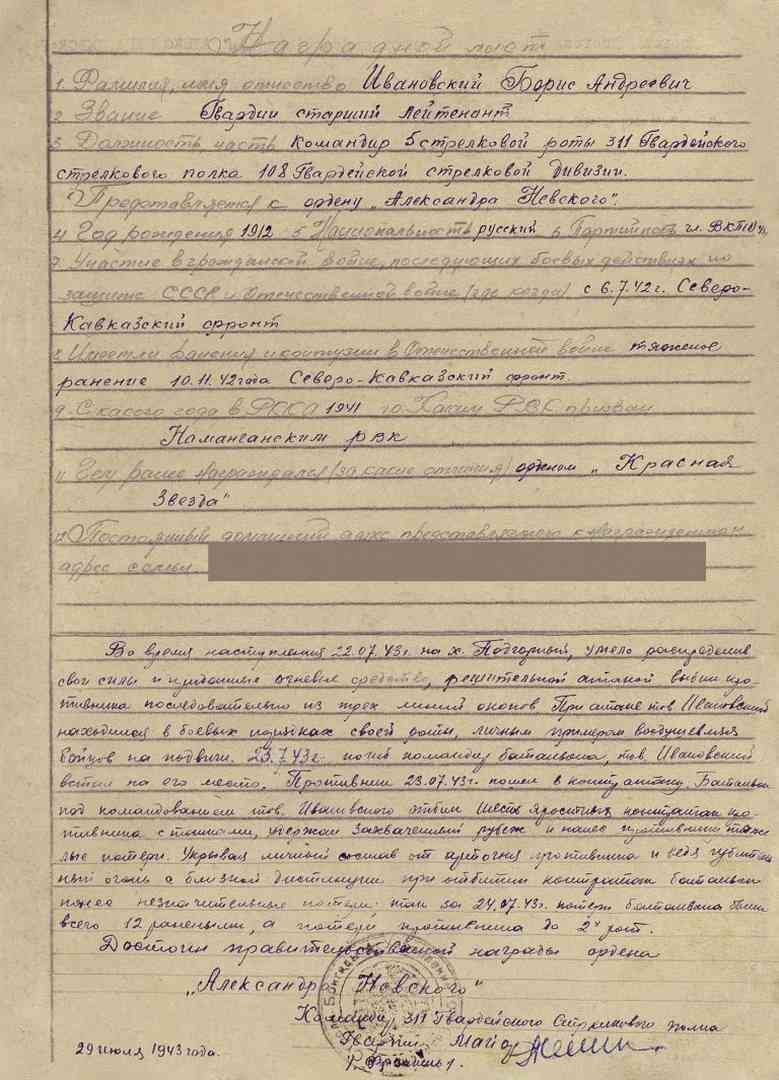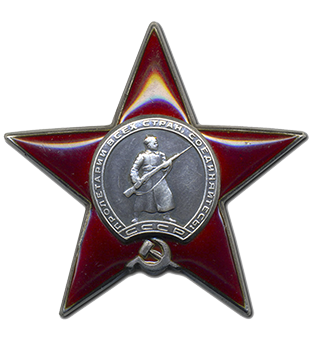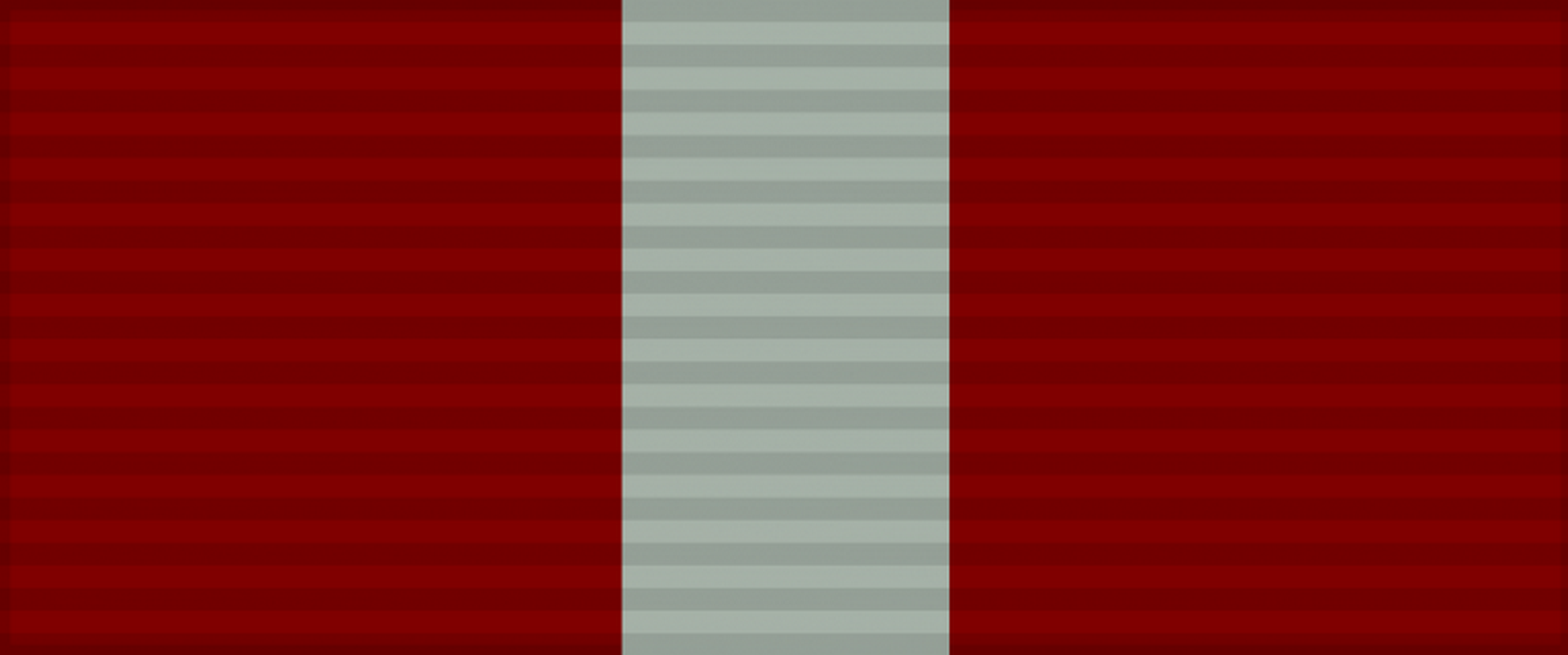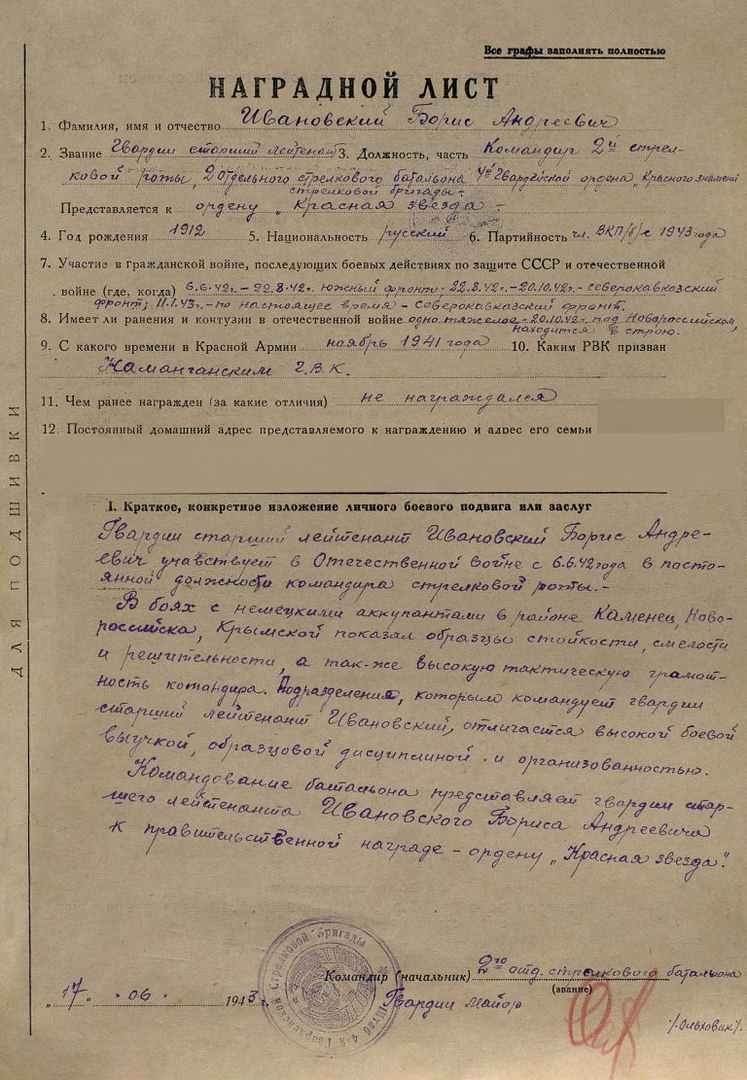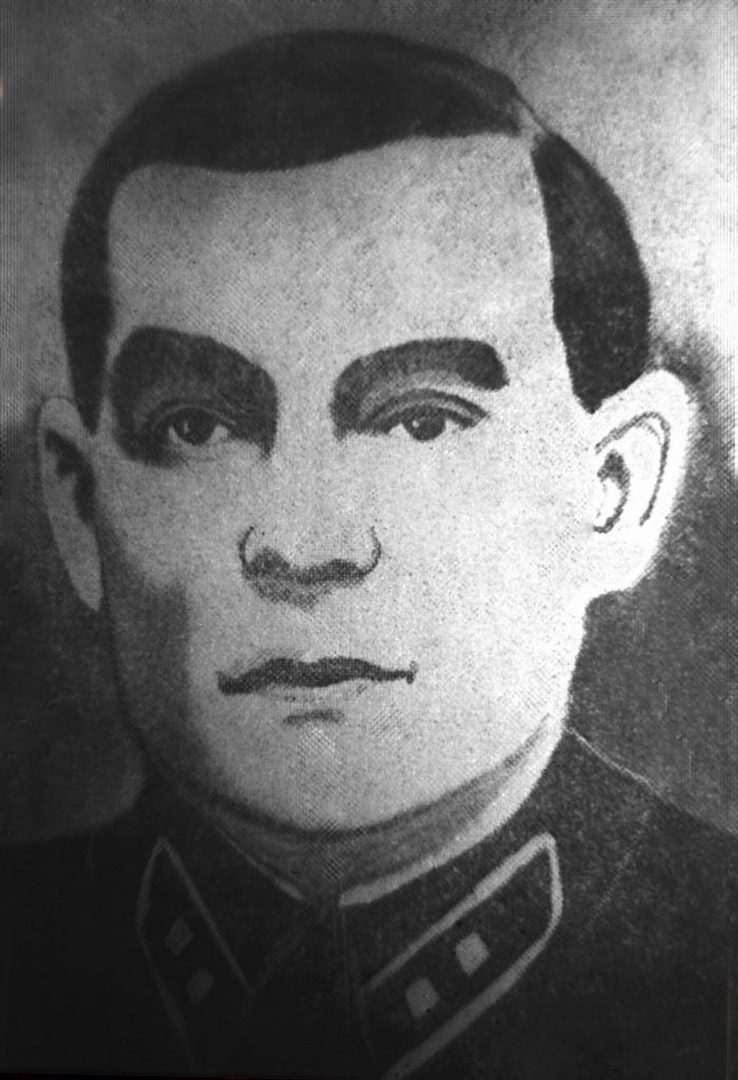
IVANOVSKIY BORIS ANDREEVICH
Guards Captain, participant of the Second World War, Hero of the Soviet Union (November 1, 1943)
He was born on August 22, 1912 (September 4) in Tomsk in a working class family. Nationality – Russian. He lived and worked in Namangan (Republic of Uzbekistan). Secondary education.
In August 1941 he was drafted into the Red Army. In 1942 he graduated from the Tashkent Military Infantry School and in the fall of 1942 came to the Stalingrad front. He took part in the siege of the Nazi army in Stalingrad. In January-February 1943, as part of the 51st Army of the newly formed Southern Front, the platoon commander, Lieutenant Ivanovsky, liberated many settlements in the Rostov region.
In February 1943, the division served by Ivanovsky (soon renamed the 108th Guards Rifle Division) advanced into the Mius River, where the enemy formed a strong and deep defense. There, the division will be transferred to the 44th Army of the Southern Front. In March 1943, Ivanovsky was appointed commander of the Rifle company and received the rank of senior lieutenant.
In August 1943, Soviet troops broke through enemy defenses in Seversky Donetsk and Mius and began to liberate Donbass. Overcoming the resistance of the enemy, they move westward. For 40 days, the troops of the Southern Front fought a distance of 300 kilometers and reached the Molochnaya River.
During the training, the soldiers of the 311th Guards Artillery Regiment always saw Captain Ivanovsky on the heaviest battlefields. Ivanovsky, a deputy battalion commander, was a role model for inspiring and advancing the fighters. Ivanovsky was awarded the Order of Alexander Nevsky for his skillful leadership of the unit during the attack. On the banks of the Molochnaya River, the Nazis built a strong defense – the strongest part of the “Eastern Wall”, which included roads to Northern Tavriya and Crimea. In late September 1943, Soviet troops broke through the enemy’s defenses and launched Operation Melitopol to liberate the city of Melitopol.
In the battle of September 30, 1943, the enemy managed to stop the Shooter battalion of the 311th Guards Shooter Regiment around the towns of Voroshilovka-Popasnaya. The company is forced to lie on the ground under heavy enemy fire. A precarious situation arises. Guards captain Ivanovsky arrives at the front of a stalled route in the village of Chervony (now Kokhanoe, Tokmanovsky District, Zaporizhia Oblast). Assessing the situation, he leads the fighters into battle and bursts into the enemy base. The rest of the units followed the company. In a fierce battle, the battalion squeezed the enemy out of Voroshilovka (now Pokrovskoye) and settled there. A serious crack is formed in the enemy’s defense.
The Nazis could not accept this loss and carried out several counterattacks, all of which were repulsed by the battalion. The enemy then throws heavy tanks into battle. The Tiger tank quickly enters the position where Guards Captain Ivanovsky is standing. Ivanovsky threw an anti-tank grenade under the chassis and stopped the car, seriously injuring himself. After the first, the second tank approaches. Guards captain Ivanovsky picks up a grenade and throws himself under a second tank .
The courage of Captain Ivanovsky in front of his subordinates motivates them to attack. On that day, the battalion successfully completes the duties. The attack on the threshold of Melitopol continues. On October 23, 1943, the city was liberated.
By the Decree of the Presidium of the Supreme Soviet of the USSR of November 1, 1943, he was awarded the title of Hero of the Soviet Union (after his death) “For exemplary performance of combat missions, courage and heroism in the fight against German invaders.”
The hero was buried in a mass grave in the village of Pokrovsky, Tokmakovsky district, Zaporizhia region.

